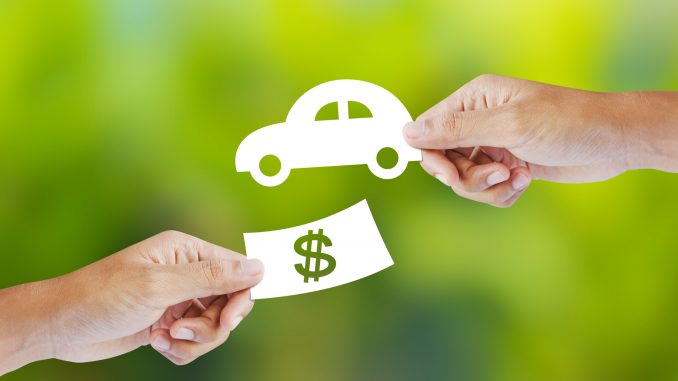
Are you thinking about buying a car, but you’re worried about your credit score? That’s actually good, because it means you’re thinking ahead.
The average credit score for someone buying a new car is in the low 700’s. For a used car, around 650. But don’t worry if your credit score is somewhat, or even a lot, lower. There are ways to get the car you want at a decent price.
What Score Do You Need?
The truth is, you can get financing for a car with nearly any credit score. But that doesn’t mean you want to. A poor credit score means you’ll end up paying much more for the car over the life of a loan.
People with very low, murky credit scores can end up paying 10% more in interest than those with excellent, sky blue credit scores. And that’s just for a new car. Financing for a used car can be even worse.
How To Increase Your Credit Score–Fast
So what are you to do? Your credit score isn’t great, and you really need to purchase a new car soon. Try to hold off for a few months if possible. It is possible to get your credit score up quickly, but it won’t be instantaneous.
Timely Payments
First things first, start paying all your bills on time. The more on-time payments you make, the better your credit score will look. You can also point to your recent history of payments when negotiating the price and terms.
Investigate Your Score
You’ll also want to check your credit score to make sure there aren’t any errors on it. Those errors can be costly, and you don’t want to walk into a dealership without checking your credit score.
Lower Your Credit Utilization
You should also see how much of your credit you’re using. This is known as your credit utilization. You want to be utilizing 30% or less, ideally.
So if you have a $5,000 credit limit and you’re using $2,500, try to pay that down to get under the 30% mark.
Another way of getting to 30%, or at least much closer, is to simply ask your lender for an increase in your credit limit.
If you can’t pay off your $2,500, but your credit limit increases to $8,000, that’s still good for your score. Your credit utilization just went from 50% to 31.25%.
Can’t get it raised? Try opening a new line of credit, but don’t use it. Your credit score counts all of your credit together when calculating your credit utilization.
Go In Confident
Remember, paying down your debts, lowering your credit utilization, and building a history of on-time payments will improve your credit score. So try to hold off on buying until you’re sure it’s improved.
Once it has, you’ll be in a much better position to negotiate. Your interest will likely be lower, and you’ll spend much less money over the course of the loan.
You’ll also be in better shape financially if you use some of these ideas. A better credit score and less debt are always great for your finances.
